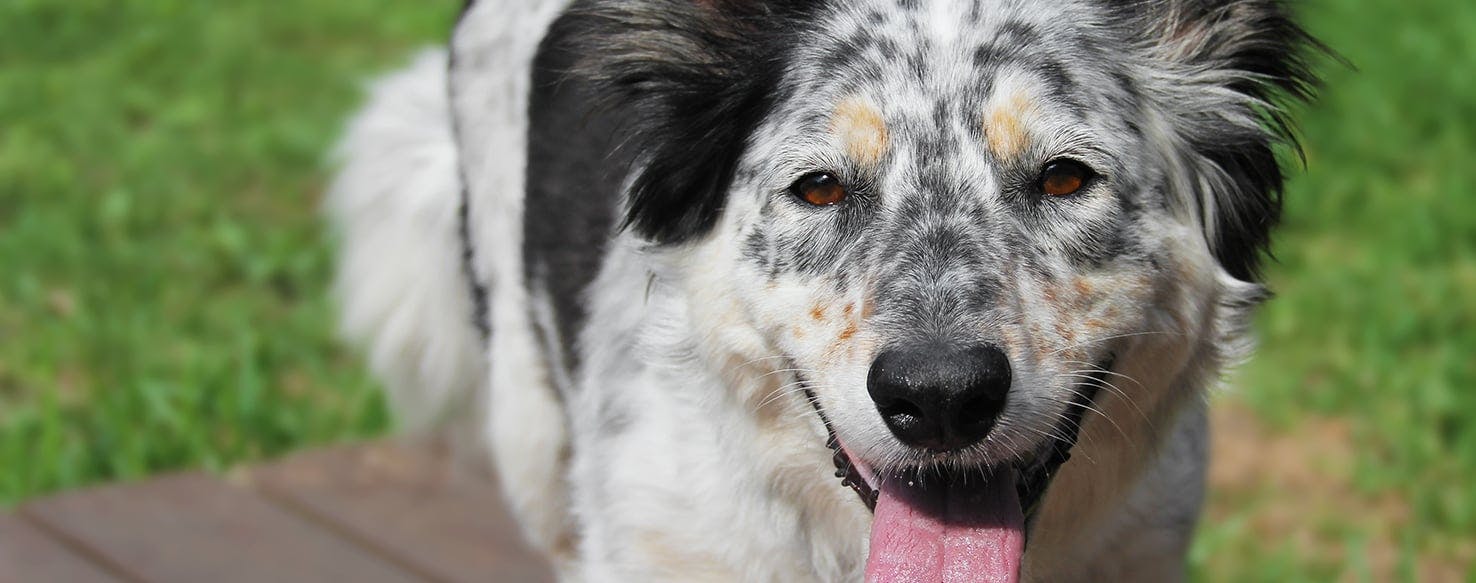Owning a dog brings the pet parent much joy and companionship. But along with the wonderful aspects of having a cuddly canine around the house come the expenses of caring for your furry buddy. Of course, feeding your dog a healthy diet, taking them for regular checkups, and getting them medical care when needed are all necessary parts of pet ownership. There are common myths, however, that can be easily debunked to set the story straight on the cost of being mom or dad to a Beagle, Cocker Spaniel, or whatever type of dog takes your fancy.
Let’s take a look at 5 pet myths that cost you money and discuss what they really mean to you as a happy dog owner.
Myth 1: Microchipping your dog isn’t worth the expense
Having a permanent microchip inserted under your pet’s skin is a safe and surefire way for them to be identified and returned to you if lost. A microchip ensures that your dog comes home without a potentially costly delay, brought on by them spending days or weeks at a shelter until you can find them.
As well, having your dog home sooner rather than later avoids the possibility of them becoming injured or hit by a car, which can soon mean costly veterinarian bills. Not only that, but the follow-up care and the stress must be taken into consideration, too.
Myth 2: Dental care isn’t necessary for animals
We know as humans that caring for our teeth is essential. It prevents cavities and gum disease and as well, paves the way for a healthy life. The same goes for our canine buddies. Some believe that dogs don’t need their teeth cleaned, but this is a myth that cannot be further than the truth.
Bone loss and periodontal disease can both result when the teeth are neglected and dental decay is left to proliferate. Dogs, both big and small, benefit from a daily brushing, and in the very least, a few times a week. Dental rinses and water additives help keep your dog’s mouth clean, too.
Myth 3: My dog does not need to be spayed or neutered
Having your dog spayed or neutered is a cost-saving measure, not an expense. To start, neutering or spaying an animal reduces the already overtaxed pet population. We all know there are too many unwanted pets in the world, with far too many facing euthanasia each day.
Besides that, preventing your pet from becoming a parent (they won’t miss the experience at all) saves you time and money in feeding the newborns, taking them to the vet, and also re-homing them. Additionally, some infections, such as a uterine infection in a female, and cancers, like testicular cancer in males, are avoided when a pet is spayed or neutered.
Myth 4: Animals can digest and eat human food, as long as it's healthy
Antioxidants and flavanols in dark chocolate may help human body cells fight damage from free radicals and environmental contaminants (cigarette smoke, pollution, toxic household products). Without these antioxidants, this could lead to bad cholesterol and possibly heart problems from clogged artery walls. However, a dog that eats darker, bitter chocolate could be sickened and poisoned by the methylxanthines (caffeine and theobromine) in even an ounce of chocolate, no matter the size of the dog.
While dogs certainly enjoy the taste of chicken and bones, small chicken bones can get lodged in their throat and choke them. Avocado, garlic, grapes, macadamia nuts, onions, peaches, plums, raw eggs, raw meat and fish, and raisins are just a few of many other dangerous foods for dogs. Allowing your dog to consume a portion of food that is hazardous to their health could lead to some major veterinary bills.
Myth 5: Getting an animal from a breeder is better than adopting a rescue pet
While many pet owners look to having a specific breed of dog and think that buying from a breeder is the wisest choice, the shelter pet should not be overlooked. Many canines are in the shelter for reasons such as their owner could no longer look after them, the owner was negligent in their care, or the dog is the result of an unwanted litter of pups.
Shelter dogs come with a clean bill of health, are spayed or neutered, and are up to date on their vaccines and dental care. Adopting from the shelter means that your pup or older dog is ready to come home and be your best companion, and will not need another checkup for about a year, which is a cost-saving measure for you. These dogs have been assessed for their family-friendliness, ability to get along with other dogs and cats, and more.



